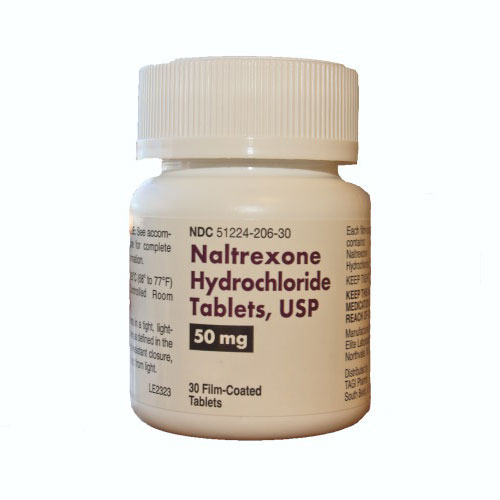Addiction and the 2020 Presidential Race
/By Dr. Lynn Webster, PNN Columnist
I found the recent story about Hunter Biden's drug and alcohol problems disturbing, not because he has an addiction — there's no shame in that — but because of the way the media tiptoes around the problem.
There seems be some reluctance to discuss Hunter's problem because of the way it may affect his father – former Vice President Joe Biden – and Biden’s bid for the presidency in 2020. To me, this illustrates a serious barrier to addressing the terrible disease of addiction.
Drugs, Politicians and Their Families
Marijuana is not considered a hard drug today, but it was considered a serious drug of abuse 27 years ago, when President Bill Clinton admitted he had used it. The stigma attached to using marijuana at the time was such that he disingenuously claimed he didn't inhale.
Of course, Clinton wasn't the only president who used or abused chemicals. Nor was he the only president whose reputation took a hit when his drug use was exposed to the public:
President Richard Nixon was reported to have an alcohol problem that worsened as his presidency neared its end.
President George W. Bush reportedly used cocaine in his youth and admitted “drinking too much.” ABC News even polled voters to find out whether his cocaine use might affect their willingness to vote for him.
President Barack Obama admitted that he used marijuana and cocaine. He was also a cigarette smoker with a nicotine addiction, and dealt with media inquiries about his attempts to quit throughout his presidency.
Hunter Biden is not the only family member of a presidential candidate with addiction.
Jeb Bush's daughter, Noelle Bush, had a drug problem. New York City Mayor Bill de Blasio’s daughter, Chiara de Blasio, abused alcohol and drugs while dealing with depression. Sen. Amy Klobuchar's father has struggled with alcohol his whole life. And President Trump’s brother, Fred Trump, Jr., died of complications related to alcoholism, which contributes to an estimated 88,000 deaths per year.
What Do Candidates Know?
Clearly, the endemic nature of addiction in our culture means that we should be interested in how the candidates deal with the presence of drugs in their lives. Are they able to talk openly about drug use instead of letting it remain a dark and shameful secret? Are they compassionate and supportive of family members who struggle?
To what extent do they personally use drugs and alcohol in daily life? And by extension, how well do they cope with stress? These are relevant, appropriate questions for candidates auditioning for a job that impacts the entire world.
It would be inappropriate to vote for a candidate solely on the basis of whether or not their loved ones struggle with addiction. But one criteria we can use for voting is a candidate’s positions on the critical issue of addiction in America. Here is how I would evaluate a candidate:
1) How much awareness do they demonstrate on the basic issues, including:
Do they know the difference in the prevalence of prescription opioid vs. illicit opioid abuse?
Do they know that addiction is not determined by the drug, but by genetic and environmental factors?
Do they know that the volume of pills prescribed to people in various parts of the country does not determine the number of overdose deaths?
Do they know that the prevalence of overdose deaths correlates with the loss of jobs and lack of income opportunity?
2) Will they de-stigmatize the disease of addiction by:
Decriminalizing the use of drugs?
Acknowledging addiction is a disease?
Understanding that babies cannot be born addicted?
Educating people that physical dependence and withdrawal can occur without addiction?
3) Do they favor access to substance abuse treatment in a timely fashion for everyone who needs it, regardless of their ability to pay?
4) Will they advocate for people in pain to receive opioid therapy when appropriate at the dose determined by their provider, rather than by the government?
5) Will they acknowledge the unintended consequences of the CDC opioid prescribing guideline?
Shining a Light on Addiction
The ideal candidate should recognize the tragedies associated with all addictions, not just with prescription opioids. He or she must recognize that addiction is part of being human, and that some people are more vulnerable to addiction than others, just as some people are more vulnerable to developing cancer or heart disease.
Whoever becomes or remains our president must shine the light of information on addiction, rather than hide it in the darkness of misinformation, shame and denial.
Lynn R. Webster, MD, is a vice president of scientific affairs for PRA Health Sciences and consults with the pharmaceutical industry. He is author of the award-winning book, “The Painful Truth” and co-producer of the documentary, “It Hurts Until You Die.”
You can find him on Twitter: @LynnRWebsterMD.
The information in this column should not be considered as professional medical advice, diagnosis or treatment. It is for informational purposes only and represents the author’s opinions alone. It does not inherently express or reflect the views, opinions and/or positions of Pain News Network.







